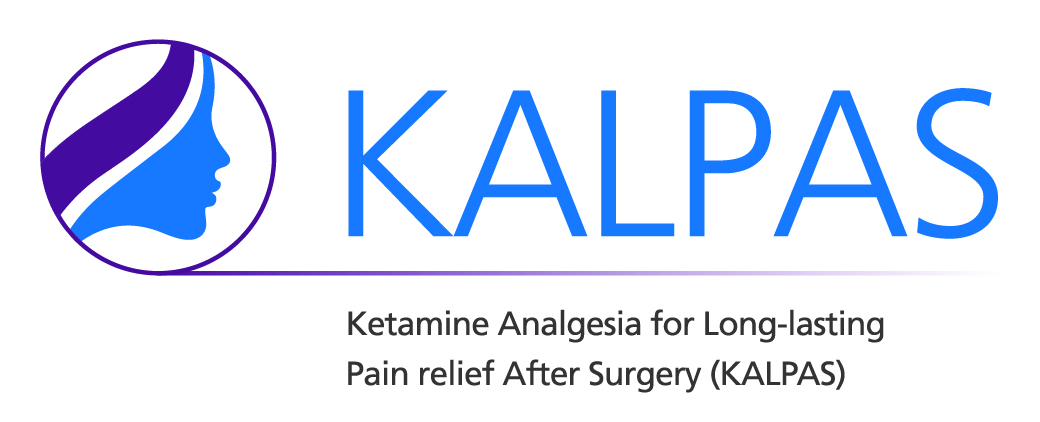Having a mastectomy?
Concerned about long-term pain?
Having a mastectomy?
Concerned about long-term pain?
Join us as we learn how to best prevent chronic pain after a mastectomy
Join us as we learn how to best prevent chronic pain after a mastectomy
ABOUT THE
KALPAS STUDY
KALPAS is a nationwide research study for women having a mastectomy. The study is looking at whether ketamine helps prevent long-term (chronic) pain after surgery.
ABOUT THE
KALPAS STUDY
KALPAS is a nationwide research study for women having a mastectomy. The study is looking at whether ketamine helps prevent long-term (chronic) pain after surgery.
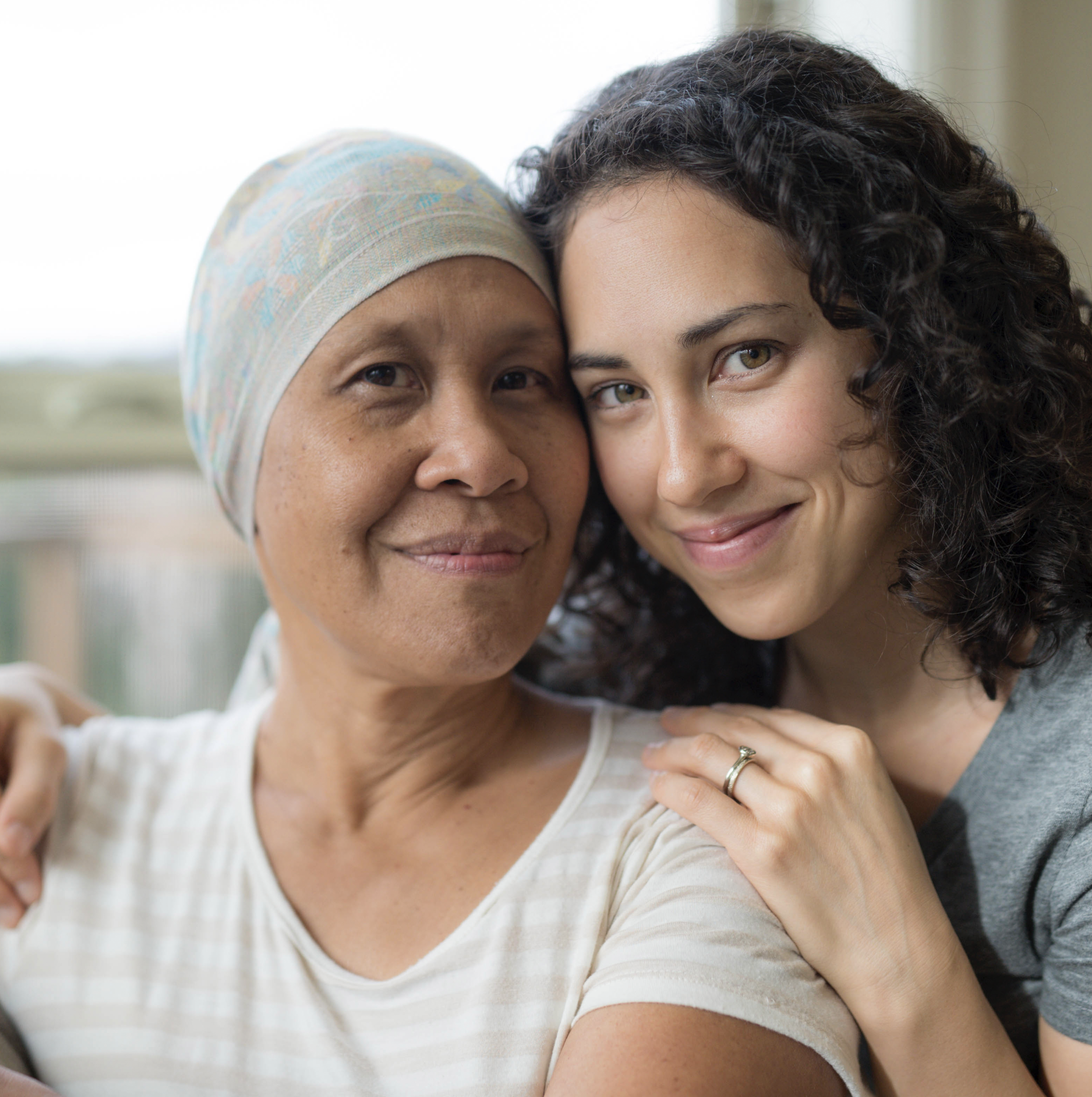

Ketamine:
• is a non-opioid, FDA-approved drug
• can help reduce pain and depression
• has been safely used for medical care over the last 50 years
Long-term pain or discomfort after
a mastectomy may occur.
Ketamine:
• is a non-opioid, FDA-approved drug
• can help reduce pain and depression
• has been safely used for medical care over the last 50 years
Long-term pain or discomfort after a mastectomy may occur.
KALPAS Informational Video – A brief overview of the study
KALPAS is part of the National Institutes of Health (NIH) HEAL Initiative,
a national effort to find science-based solutions to the opioid crisis in the U.S.
KALPAS is part of the National Institutes of Health (NIH) HEAL Initiative,
a national effort to find science-based solutions to the opioid crisis in the U.S.
WHO CAN JOIN
You may be able to join if you are:
• a woman
• at least 18 years of age or older
• having a mastectomy to prevent or treat possible cancer
Taking part in the KALPAS Study is up to you. If you join, you can leave the study at any time.
WHO CAN JOIN
You may be able to join if you are:
• a woman
• at least 18 years of age or older
• having a mastectomy to prevent or treat possible cancer
Taking part in the KALPAS Study is up to you. If you join, you can leave the study at any time.
WHAT TO EXPECT
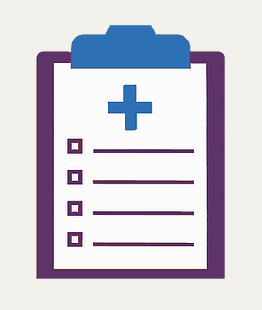
First, we will ask you a few brief questions about yourself to see if the study is a good fit for you.
If you join, you will be in the study for one year. You will have an equal opportunity to be assigned
to 1 of 3 groups. This is the best way to see if ketamine helps prevent chronic pain.
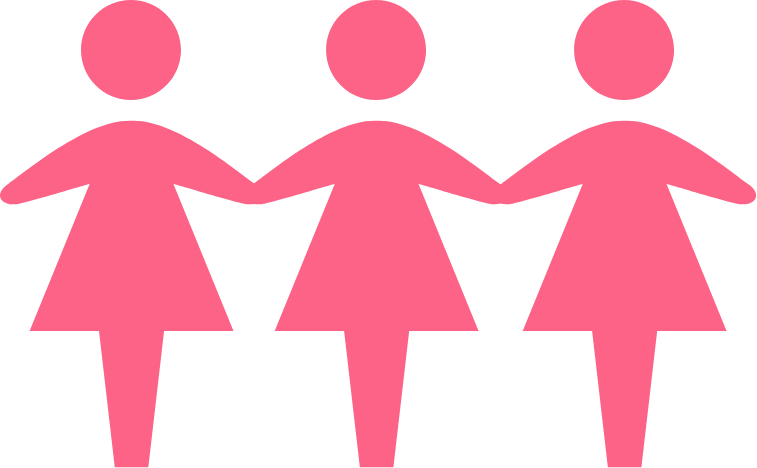
Group 1:
will receive ketamine during and right after surgery
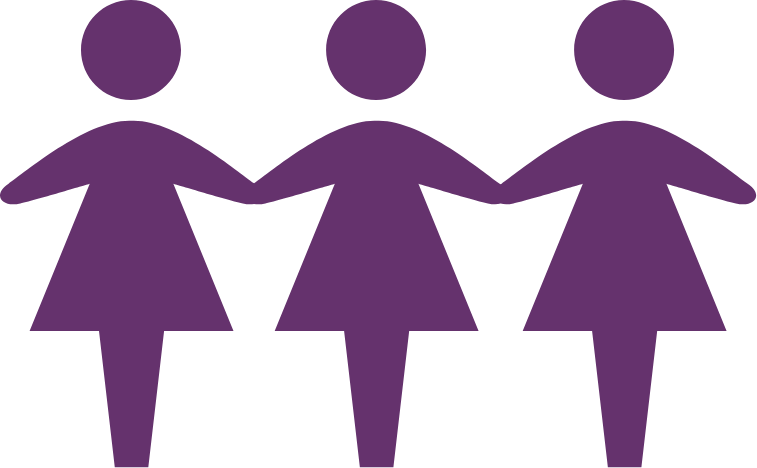
Group 2:
will receive ketamine right after the surgery
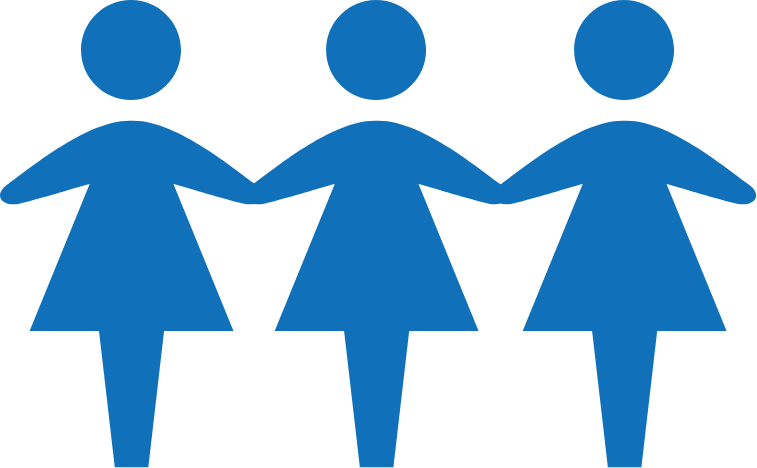
Group 3:
will receive saline (placebo) during and after the surgery
No matter which group you are in, the rest of your mastectomy – including surgery, medication
to sleep during surgery, and care after the surgery – will follow normal medical procedures.
Duration
1 year
Number of visits
6 follow-ups during the 1 year of the study:
• 1 day
• 7 days
• 1 month
• 3 months
• 6 months
• 12 months
All follow-up activities can be done from your own home and will take an estimated 10-30 minutes to complete.
Study Follow-Up Activities
You will answer questions about
yourself including your pain, mood, and
physical activity.
Any surveys that are part of the follow-up can be completed online or over the phone.
Duration
1 year
Number of visits
6 follow-ups during the 1 year of the study:
• 1 day
• 7 days
• 1 month
• 3 months
• 6 months
• 12 months
All follow-up activities can be done from your own home and will take an estimated 10-30 minutes to complete.
Study Follow-Up Activities
You will answer questions about
yourself including your pain, mood, and
physical activity.
Any surveys that are part of the follow-up can be completed online or over the phone.
Medication
Ketamine or saline (placebo) based on which group you are assigned to.
Medication
Ketamine or saline (placebo) based on which group you are assigned to.
Study Costs
Study Costs
Compensation
You will be compensated up to $150 for all the parts of the follow-up you complete.
Compensation
You will be compensated up to $150 for all the parts of the follow-up you complete.

REASONS TO JOIN
-
You may have less pain after your surgery, as well as long term.
-
It may lower your need for taking opioids.
-
It could also improve your mood and help you feel less anxious.
-
Your participation may help other women having mastectomies in the future.
REASONS TO JOIN
-
You may have less pain after your surgery, as well as long term.
-
It may lower your need for taking opioids.
-
It could also improve your mood and help you feel less anxious.
-
Your participation may help other women having mastectomies in the future.
PARTICIPATING SITES
CONTACT US
To find more about the KALPAS study, please contact the study team closest to you.
Alabama
University of Alabama at Birmingham
lgutnik@uabmc.edu
205-934-3562
Arkansas
University of Arkansas Medical Center
jmmhyre@uams.edu
501-686-6119
Illinois
Rush University Medical Center
asokumar_buvanendran@rush.edu
312-942-3685
Massachusetts
Brigham and Women’s Hospital – Harvard University
klschreiber@bwh.harvard.edu
617-732-9463
Minnesota
Mayo Clinic
hooten.william@mayo.edu
617-732-9463
Missouri
Washington University Medical Center
sharout@wustl.edu
314-273-2240
New York
NYU Langone Health Hospitals –
(Tisch Hospital, Kimmel Pavilion)
kalpas@nyulangone.org
347-387-6109
Memorial Sloan Kettering
Cancer Center
mincerj@mskcc.org
646-735-8059
NY Presbyterian Columbia
University Irving Medical Center
bt2160@cumc.columbia.edu
212-342-3681
Montefiore Medical Center –
Albert Einstein College of Medicine
shreddy@montefiore.org
646-942-0519
Pennsylvania
Texas
University of Texas – Southwestern Medical Center
gloria.cheng@UTShouthwestern.edu
214-645-7011
University of Texas – MD Anderson Cancer Center
jcata@mdanderson.org
832-294-5900
Washington
University of Washington Medical Center
curatolo@uw.edu
206-543-7817
Website Designed and Developed by Culture Shift Team, Inc.
